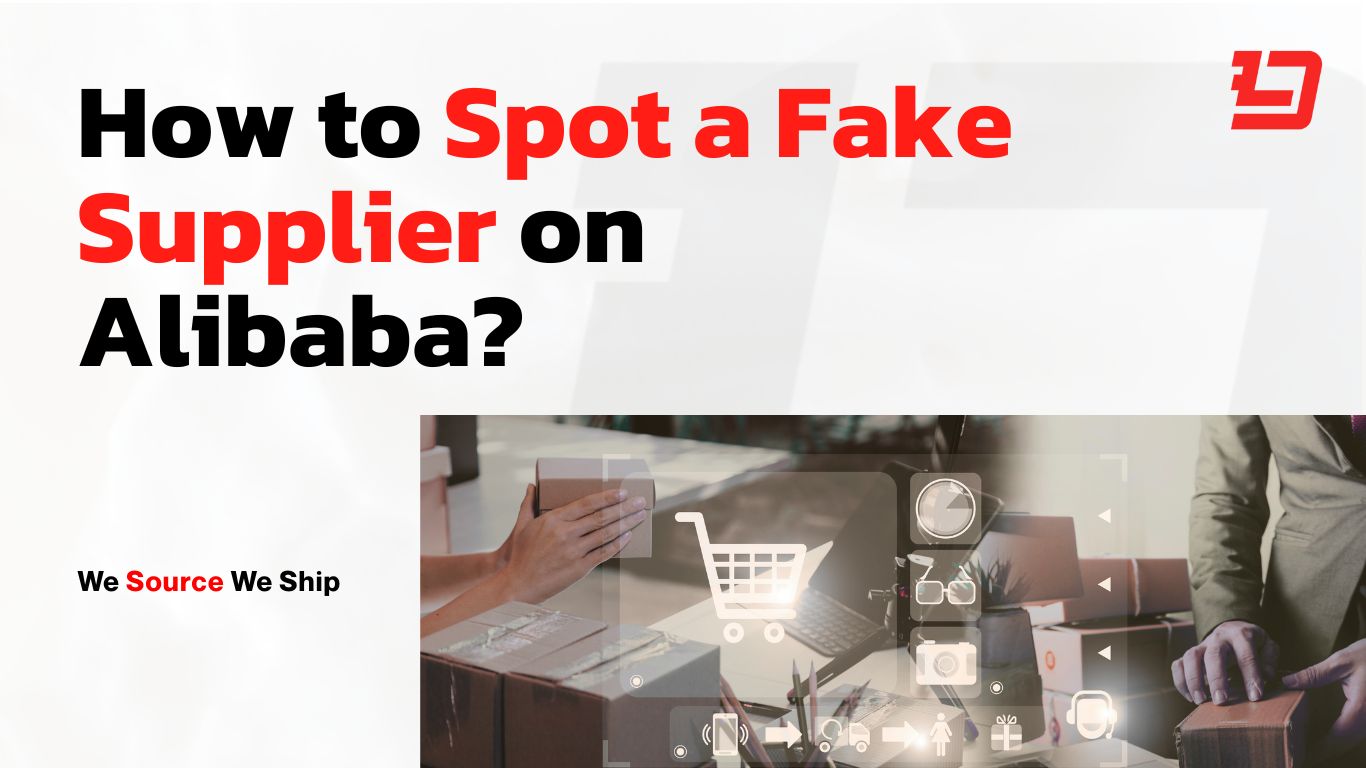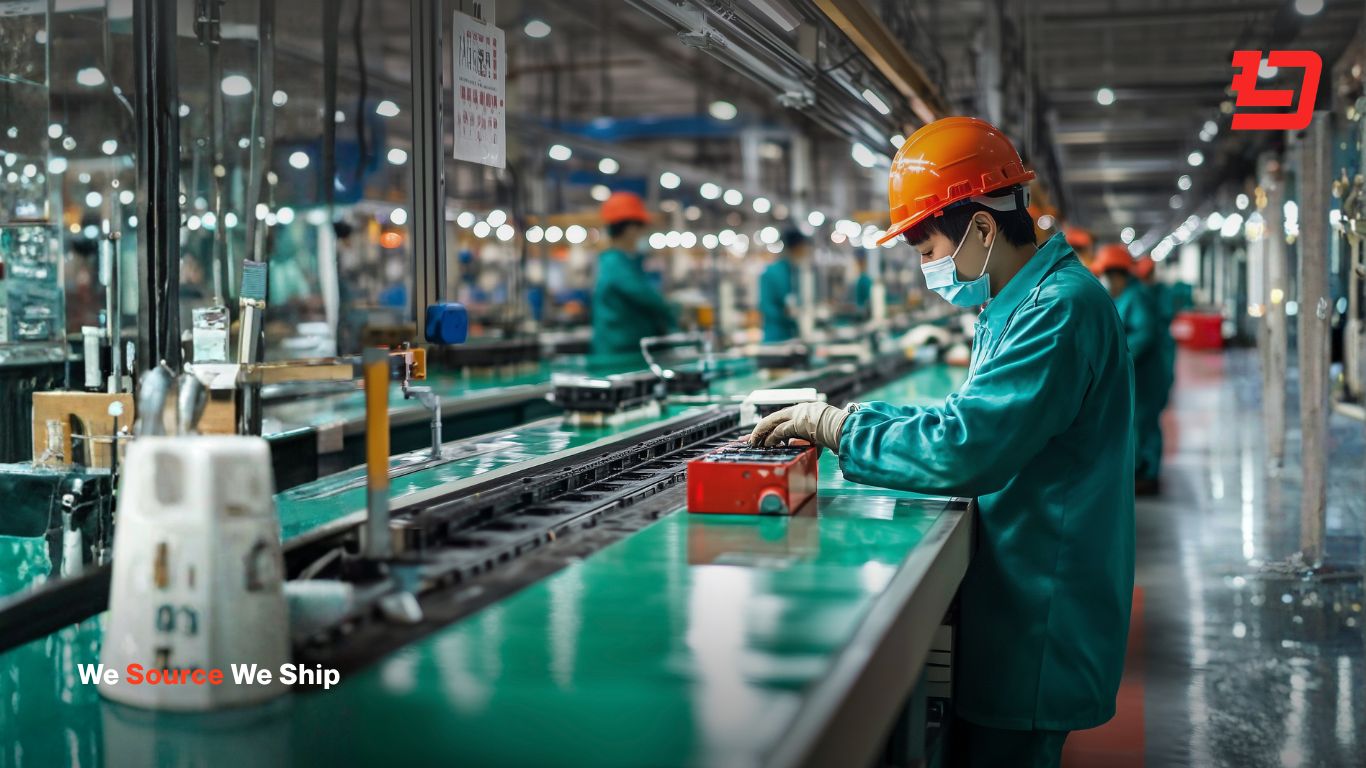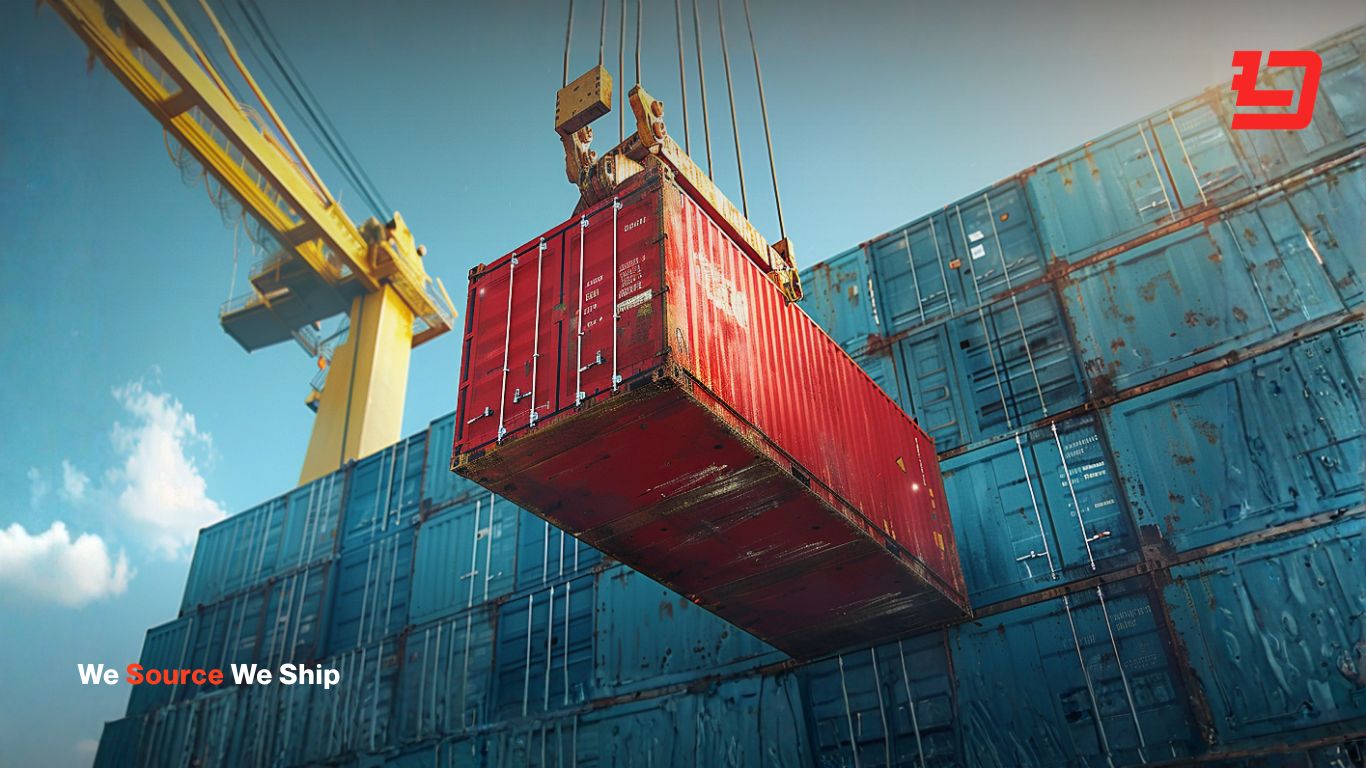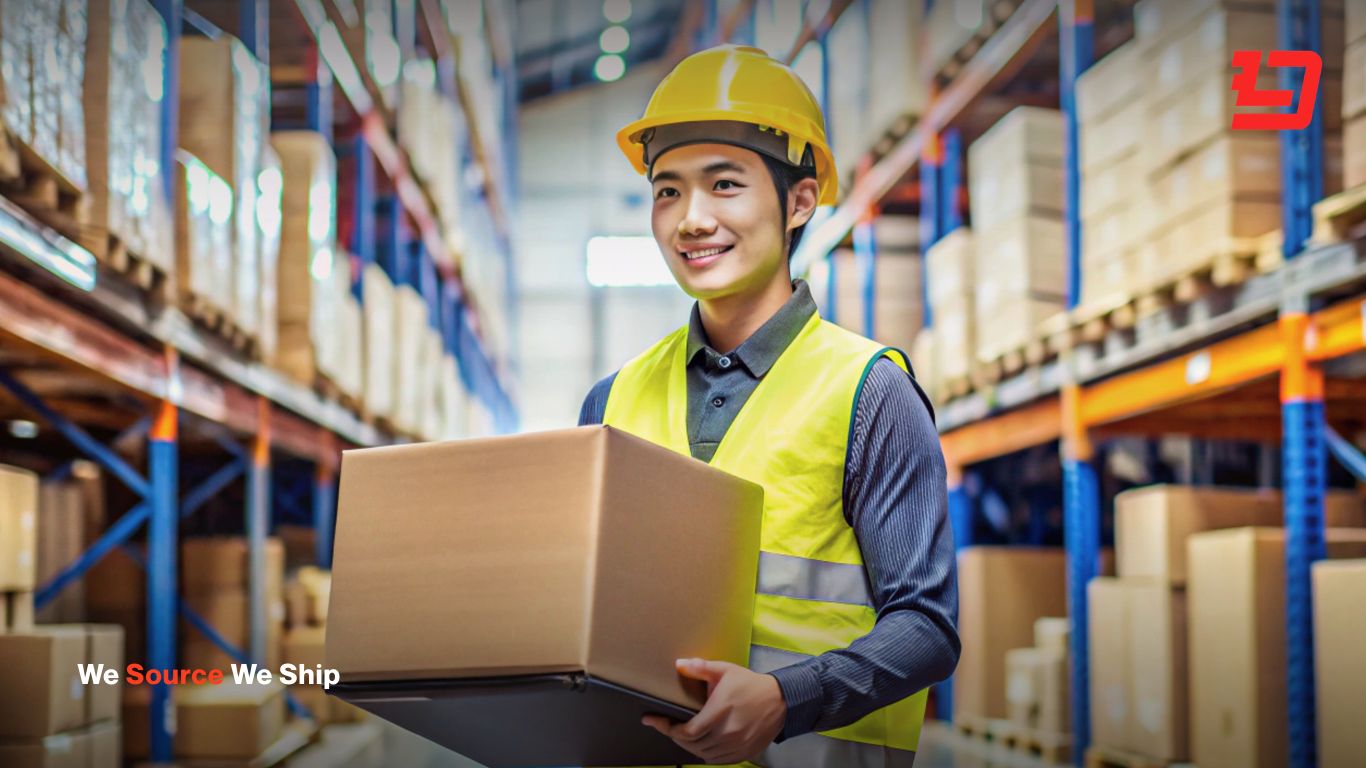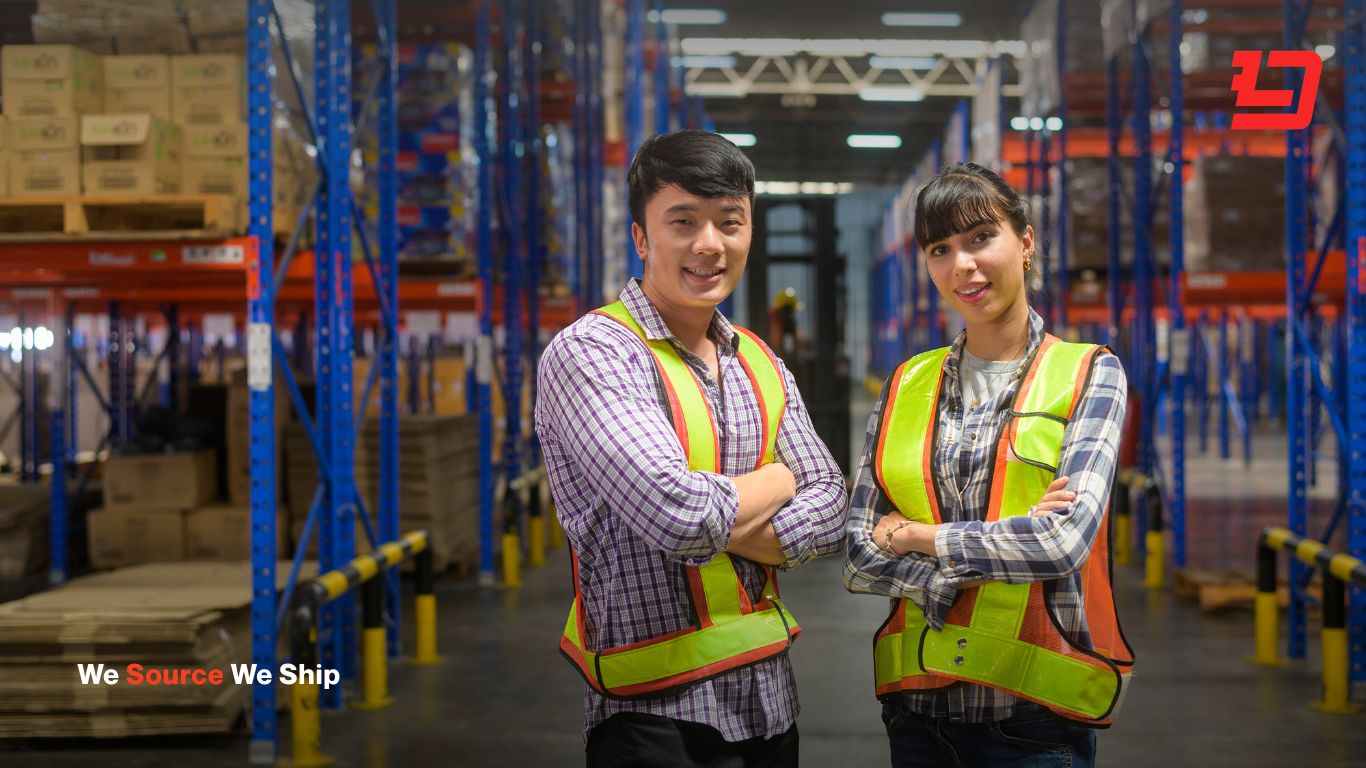Alibaba makes sourcing from China easier than ever. As of 2025, Alibaba.com connects over 48 million SMEs across 190+ countries. It powers billions in trade each month, with Alibaba Group’s China e-commerce division generating RMB 247.7 billion (USD 34 billion) in quarterly revenue.
That scale creates opportunity but also risk. Fake suppliers, middlemen, and scams exist. If you are moving from small test orders to larger production, knowing how to spot a fake supplier can protect your time and money.
For more sourcing strategy, read our China Sourcing Guide for Scaling Ecommerce Brands.
1. Learn Alibaba’s Supplier Verification System
Alibaba uses supplier badges to show credibility. Understanding them helps you avoid scams.
| Supplier Type | How It Works | Advantages | Risks |
|---|---|---|---|
| Verified Supplier | Factory verified by a third-party auditor like SGS or TÜV | Higher trust, verified ownership | Some verified suppliers outsource production |
| Trade Assurance Supplier | Uses Alibaba’s escrow payment protection | Strong payment safety | Only protects transactions made on Alibaba |
| Gold Supplier | Paid membership to improve ranking | Shows investment | Not a guarantee of reliability |
| Free Supplier | No verification or membership fee | None | Very high scam risk |
Start by filtering results for Verified and Trade Assurance suppliers.
2. Watch for Common Alibaba Scams
The “Too-Good-to-Be-True” Price Trap
If one supplier’s quote is 40% cheaper than others, it is probably fake. Compare multiple listings before paying.
The “Off-Platform Payment” Request
Any supplier that asks to pay outside Alibaba is removing your protection. Always pay inside the platform.
The “Copied Factory” Listing
Fraudsters copy photos from real factories. Ask for a live video call from the factory floor.
The “Sample Switch” Trick
A high-quality sample is sent first, then the bulk order arrives with inferior goods. Always book a pre-shipment inspection.
The “Brand Rights” Scam
Selling known brands at low prices usually means counterfeits. Avoid branded products unless you hold distribution rights.
3. Verify the Company’s Identity
Before paying, always confirm the supplier’s background.
-
Request a Chinese business license and verify it on the National Enterprise Credit Information Publicity System.
-
Check the factory address on Baidu or Google Maps.
-
Confirm certificates (CE, FCC, FDA) with issuing bodies.
-
Review Alibaba’s Verified Report with audit photos.
Ask which countries they export to. Real factories can answer immediately; fake ones give vague responses.
4. Check Product Consistency and Listing Details
Watch for signs like repeated product photos, inconsistent descriptions, or listings in unrelated categories. Use Google Lens or TinEye to confirm if images are stolen.
5. Secure Your Payments
Stick with payment methods that protect your funds.
-
Trade Assurance: Safest option for all orders.
-
PayPal: Reliable for small test orders.
-
Letter of Credit (L/C): Recommended for large shipments.
Avoid direct bank transfers, crypto, or Western Union.
6. Make Quality Control Non-Negotiable
A 2024 FreightWaves report found 28% of new importers experience quality issues when they skip inspection.
Protect your investment:
-
Hire inspection services like QIMA for $250–$350 per batch.
-
Request pre-production and post-production samples.
-
Verify packaging and labeling before shipping.
At Lansil Global, our Shenzhen quality team checks every order before shipment to guarantee accuracy and condition.
7. Pay Attention to Communication
Fake suppliers often sound robotic or evasive.
Red flags include:
-
Generic greetings such as “Hello friend.”
-
Delayed or incomplete answers.
-
Changing prices or terms mid-conversation.
-
Refusal to use video calls.
Ask detailed technical questions. Real factories know their materials, equipment, and lead times.
8. Work with a Trusted Sourcing Company in China
Alibaba is useful for exploration, but direct supplier management becomes complex as you scale. The most successful brands work with reliable sourcing companies that already have strong factory partnerships and local teams.
Instead of finding suppliers yourself, Lansil Global collaborates with a network of trusted sourcing companies and manufacturers that have passed our compliance checks. This ensures transparency, consistent quality, and timely delivery.
Lansil Global’s China Sourcing Network
Our bilingual team in China partners with reputable sourcing companies to help ecommerce brands secure reliable factories, negotiate pricing, and ship worldwide with confidence. As a local team based in China’s manufacturing center, we personally visit factories, verify production capacity, and oversee quality control on-site. We bridge the gap between brands and suppliers through daily coordination, live production tracking, and transparent reporting. This hands-on presence allows us to solve issues instantly, reduce lead times, and ensure every order meets international quality and safety standards.
-
Access to 2000+ verified sourcing and manufacturing partners
-
On-the-ground inspections and consolidation at our Shenzhen warehouse
-
Full supply chain management from production to final delivery
-
In-house quality control team for product testing, packaging review, and compliance checks
-
Global logistics network connecting China to our U.S. fulfillment centers for faster delivery and lower tariffs
With Lansil Global, you get more than supplier introductions. You gain a long-term sourcing and logistics partner that gives your brand full visibility, control, and efficiency from factory floor to customer doorstep.


